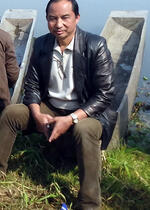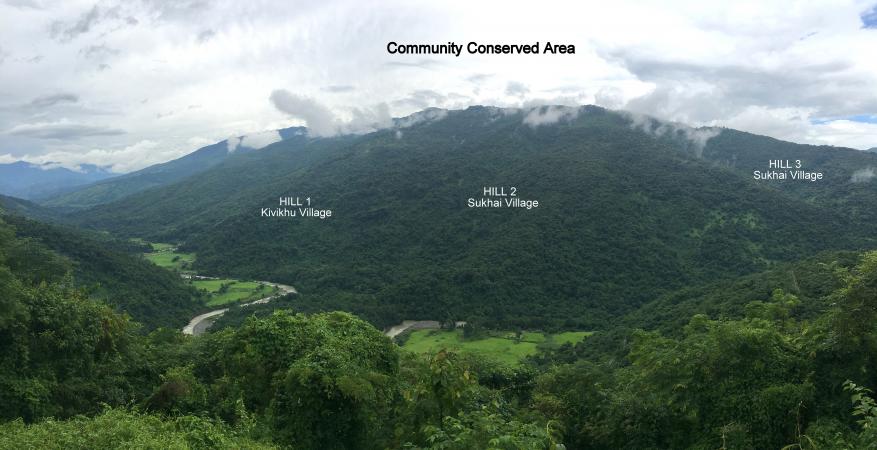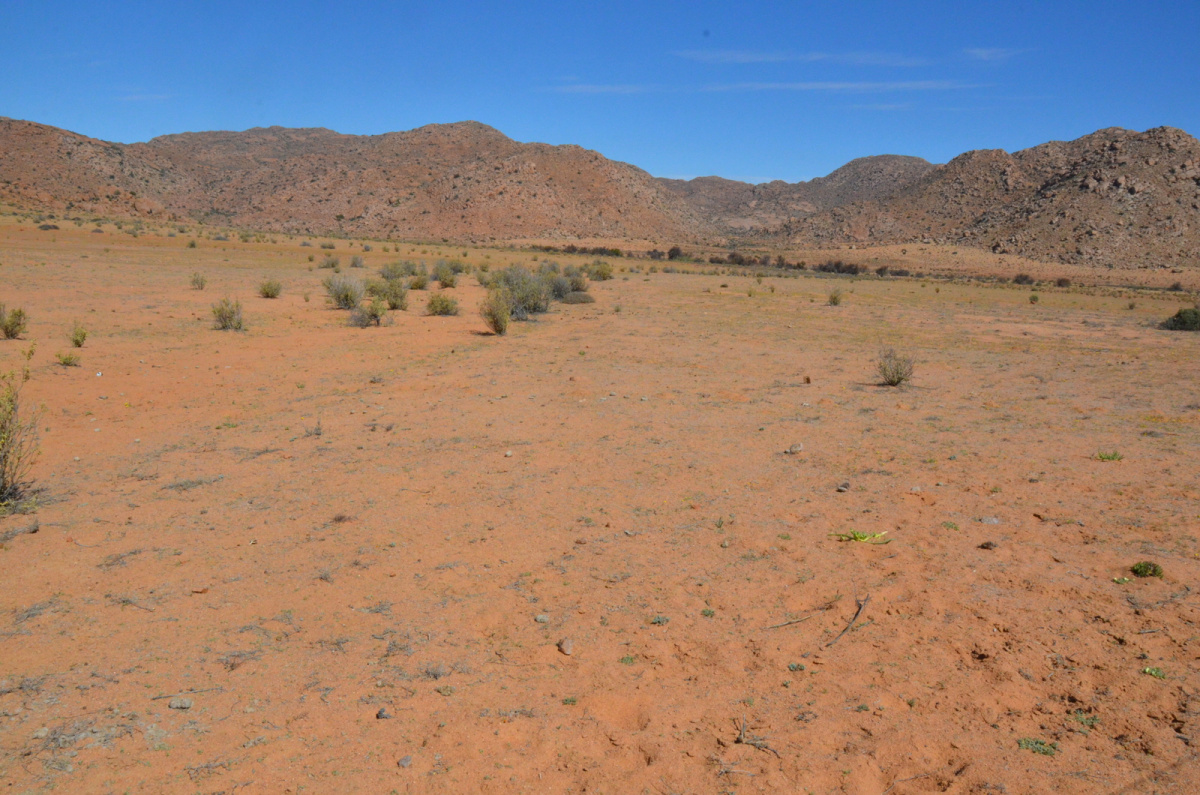Marginalized peoples living around Loktak Lake meet with Manipur University researchers
CEESP News - Salam Rajesh, Manipur State Wetlands Authority
The Center for Social Exclusion and Inclusive Policy at Manipur University organised a discussion on "Marginalised Group of People living around Loktak Lake" on 16th May, 2018. The key speakers include Ram Wangkheirakpam of Indigenous Perspectives and Oinam Rajen of All Loktak Lake Areas Fishermen's Union, Manipur. Ram spoke on the topic 'Environmental Justice and People of Loktak' and Rajen spoke on 'Tragedy of the Fishing Community of Loktak Lake'. The focus of the presentation was on how over decades the people of Loktak have been continually marginalised by several projects, schemes, policies and laws of the state.
The discussion was participated by professors and researchers from Manipur University, and representatives of civil society organisations. It was acknowledged by the participants that intensive research effort is needed to be taken up by the university with active participation of the local fishers for lake ecosystem rejuvenation and sustainable livelihood for the local community.

Photo: Sanjoy Ghosh
 Photo: Salam Rajesh
Photo: Salam Rajesh
(Protection) Act of 2006. This legislation, set on the backdrop of conservation of the Loktak
Lake as a Ramsar site of international importance, had a flaw. It did not take into
consideration the impact on the local people, particularly the social and economic impact on the fishing community and the farmers who largely depend on the resources of the lake for their livelihood.
Since November 2011, the implementing agency – the Loktak Development
Authority – launched an eviction drive to vacate the fishers from the lake while also clearing the fish culture ponds (locally known as ‘Athaphum’) from the core area of the lake. Fishers’
huts which are built on floating biomass (locally called ‘phumdi’) were burnt down and
properties ransacked.
With the fish culture ponds gone, the earning capability of the fisher families declined sharply, resulting in untold hardships for them. One of the undesired consequences of the Government’s move on the fishing community was the displacement of children in different ways. One of these was the loss of opportunity to have proper education in the face of economic displacement of their parents.
The Champu Khangpok floating village is a revenue village as per the definition of
Government’s white papers. Komjao and Langolsabi are the two main localities that make up
this revenue village, officially under the jurisdiction of Thanga assembly constituency.
When the Loktak Act of 2006 was conceived, there was no detailed discussion on
possible impacts on the local people who thrive upon the resources of the lake. Like the
Champu Khangpok village, the islands of Karang, Thanga, Ithing, and Sendra are located
inside the lake. It, therefore, was perceived by the implementing agency of the Act that for
conservation of Loktak Lake, priority was to be given on eviction of all human settlements
within and in peripheral areas of the lake. The move of the Government to evict the fishers
was the basis for triggering conflict between the fishers and the State.
 Photo: Salam Rajesh
Photo: Salam Rajesh
The campaign by Loktak Development Authority to evict the fishing families from
Champu Khangpok floating village was stiffly opposed by the locals. However, the large
scale removal of fish culture ponds from the core area of the lake, which also happens to be
the main fishing area, caused untold misery for the local fishers. The removal of the
Athaphum broke the backbone of the fishers. With the loss of the fish culture ponds, the
earning capability of the fishers went down drastically. The fish catch also dipped sharply as
the fish population literally migrated to the shoreline with the clearing of the floating biomass
from the lake’s water body. So with the downward chart in their earnings, the axe fell on the
children. Families gradually started withdrawing their children from schools and boarding
houses as they could no longer afford to pay their school, tuition and boarding fees.
The interactive session on the topic “Marginalized group of People living around
Loktak Lake” was unanimous in its opinion that in any forum of discussion on conservation
of wetlands, rivers, forests and other natural landscapes, it had been emphasized time and
again that unless local communities who are part and parcel of the landscape are made
partners of the conservation effort, no objective of conservation will be achieved wholly. The
gathering urged upon the Government of Manipur to review its policy of displacing the local
fishers, and suggested instead to frame a strategy wherein local communities can be made
partners in conservation of the lake.
Salam Rajesh is a member of CEESP and has recently been appointed by the Government of Manipur as a member of the technical committee to the Manipur State Wetlands Authority.



